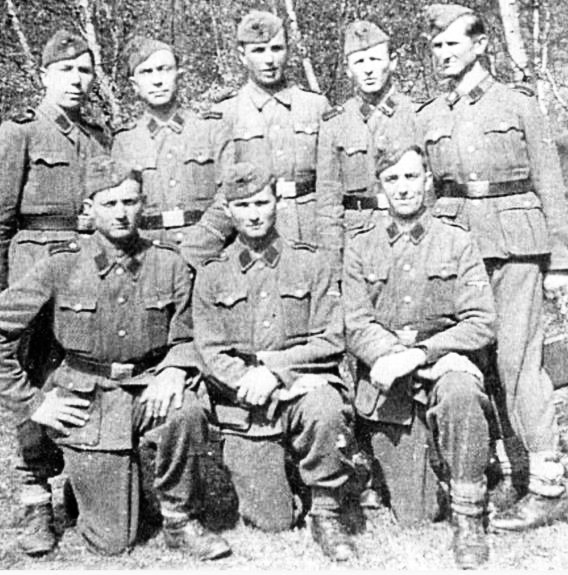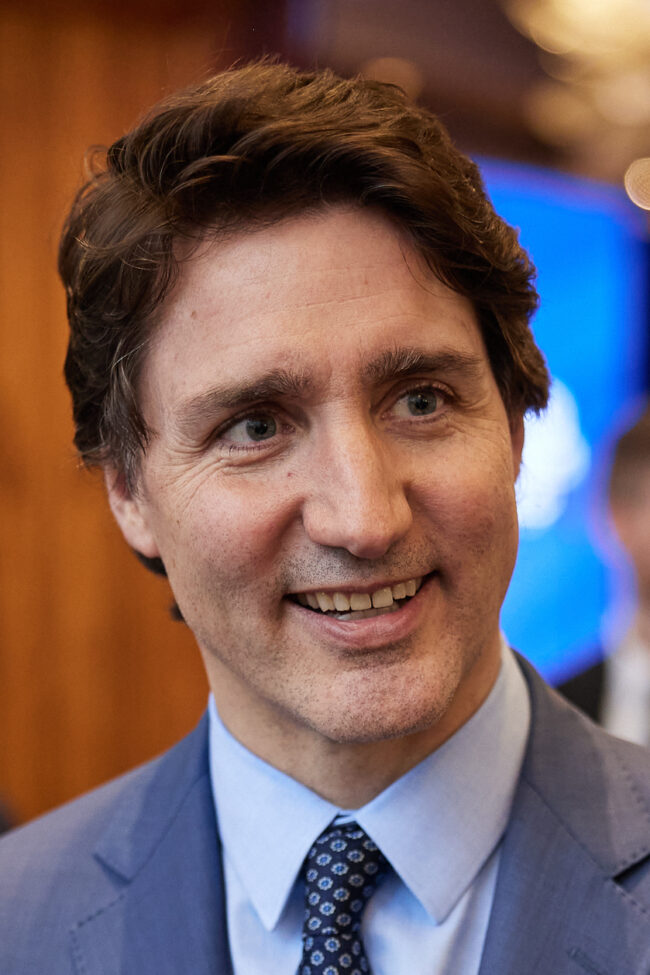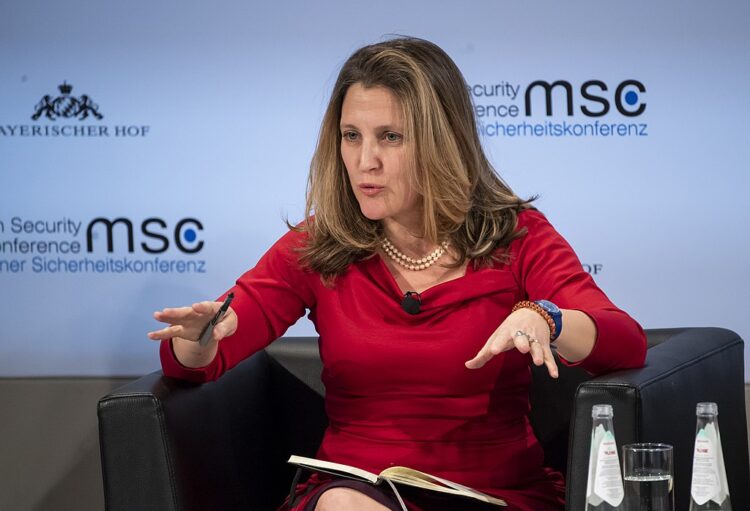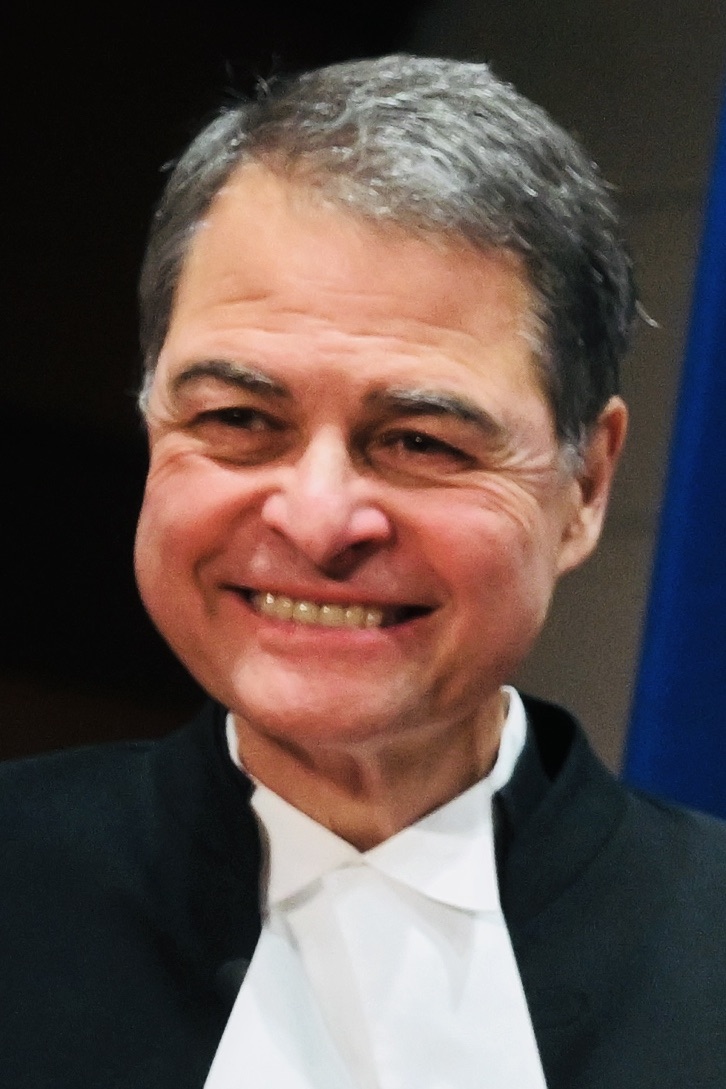Ukrainian President Volodymyr Zelensky’s recent visit to Canada was terribly marred by a shameful and embarrassing incident that was clearly avoidable and that should never have taken place.
During Zelensky’s appearance in the Canadian Parliament in Ottawa, the Speaker of the House of Commons, Anthony Rota, introduced a special guest. He was Yaroslav Hunka, a 98-year-old Ukrainian war veteran who lives in Rota’s North Bay riding of Nipissing-Timiskaming.
“He is a Ukrainian hero, a Canadian hero, and we thank him for all his service,” exulted Rota to two standing ovations from Zelensky and his wife, members of parliament and visitors in the gallery.
Truthfully, Hunka is no hero, as Rota belatedly discovered after the Friends of Simon Wiesenthal Center for Holocaust Studies issued a statement on September 24 exposing his membership in the SS Galicia Division, a unit in the German army which participated in crimes against humanity during Nazi Germany’s occupation of the Soviet Union during World War II.

Also known as the First Ukrainian Division or the SS 14th Waffen Division, it was a voluntary unit under the command of Adolf Hitler’s fascist regime. Ukrainians like Hunka were under no obligation to join. They volunteered their services in the name of Ukrainian nationalism and in the hope that Germany would recognize Ukraine, a Soviet province, as a sovereign and independent state.
Germany did not recognize Ukrainian statehood when it was officially declared on the heels of Germany’s invasion of the Soviet Union in June 1941. The Germans coveted Ukraine and wanted its bountiful natural resources all to themselves. They cynically exploited Ukrainian nationalists like Hunka for their own imperial ends. In the meantime, however, Ukrainians like Hunka committed horrendous crimes.
As the Friends of Simon Wiesenthal Center for Holocaust Studies duly noted, the army division in which Hunka served was responsible for “the mass murder of innocent civilians with a level of brutality and malice that is unimaginable.”
Hunka’s personal role in these massacres, which resulted in the deaths of about one million Jews, is unknown. But his division was most certainly complicit in the mass murder of Soviet citizens.
Despite this stain on his record, the postwar Canadian government admitted Hunka and Ukrainians like him into Canada as new immigrants, as if nothing of significance had happened in the Soviet Union during the war. They comfortably established themselves here, raised families, acquired Canadian citizenship, found jobs, bought homes, and buried the past.
And in a further indignity, Ukrainian Canadians built monuments in honor of the soldiers who signed up with the SS Galicia Division.
Having been apprised of its disgraceful record, Rota quickly released an apology, as requested by the Friends of Simon Wiesenthal Center for Holocaust Studies.
In a statement, he said, “I have subsequently become aware of more information which causes me to regret my decision to (honor Hunka). I wish to make clear that no one, including fellow parliamentarians and the Ukrainian delegation, was aware of my intention or of my remarks before I delivered them.
“I particularly want to extend my deepest apologies to Jewish communities in Canada and around the world,” he added, accepting “full responsibility” for his faux pas.
Canadian Prime Minister Justin Trudeau’s office released a statement as well, saying that the decision to invite and honor Hunka “was made by the Speaker’s office alone.” Trudeau’s office noted that an apology from Rota was necessary and had been made.

On September 25, Trudeau went one step further, describing the invitation as “deeply embarrassing,” but he did not call for Rota’s resignation. “It’s extremely upsetting that this happened. The Speaker has acknowledged his mistake and has apologized. But this is something that is deeply embarrassing to the Parliament of Canada and by extension to all Canadians.”
The government’s house leader, Karina Gould, whose family was touched by the Holocaust, said that she had no advance knowledge of Hunka’s impending presence in the House of Commons.
This begs the question why Hunka, in particular, was invited to Parliament.
It’s a telling commentary that he, of all Ukrainian Canadians, became the standard-bearer of their community, the largest in the diaspora. Obviously, some Ukrainian Canadians cannot be bothered by the unassailable but inconvenient fact that elements of the Ukrainian nationalist movement, led by Stefan Bandera and others, were aligned with the genocidal Nazi regime and implicitly or explicitly supported the extermination of Jews.
Another question worth asking is who recommended Hunka to Rota to represent Ukrainian Canadians in Parliament? Could it have been Deputy Prime Minister and Finance Minister Chrystia Freeland? A Ukrainian Canadian, her late grandfather was a paid propagandist for Nazi Germany in Poland.

Interestingly enough, she has remained deafeningly silent since Hunka’s appearance in Parliament, as have Ukrainian Canadian community organizations. It will be recalled that she also maintained a conspicuous silence after news of her grandfather’s pro-Nazi activities was leaked to the media a few years ago.
As Conservative Party leader Pierre Poilievre observed yesterday, still another question worth asking is why Hunka was not properly vetted before being invited to Parliament. Any competent researcher could have told Rota that Hunka served in a criminal organization and should be considered a persona non grata. Clearly, Rota miserably failed to do his homework.
Canadians should not draw the wrong conclusions from the troubling Hunka incident.
While it is a fiasco of the first caliber, an example of Amateur Hour in Canada, the Canadian government should continue to support Ukraine in its existential war against Russian imperialist aggression.
Yet Ukrainian participation in wartime ethnic cleansing cannot be whitewashed. Canadians should be aware that a number of Ukrainian nationalists, either at the behest of the Nazis or on their own volition, committed the blackest of crimes in their misbegotten attempt to create an ethnically homogeneous Ukrainian state.
Rota should have been familiar with this distasteful dimension of Ukrainian history before he invited Hunka to Parliament.
